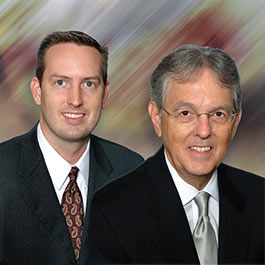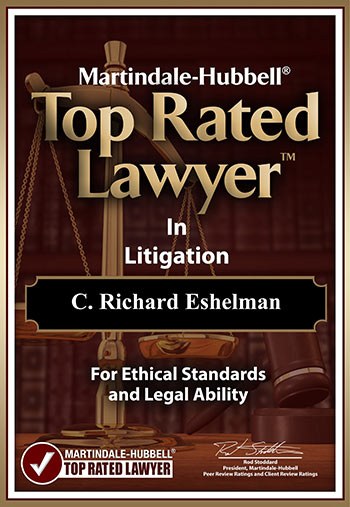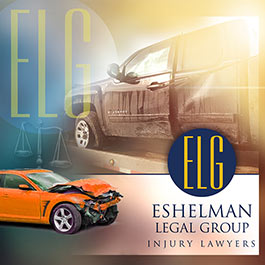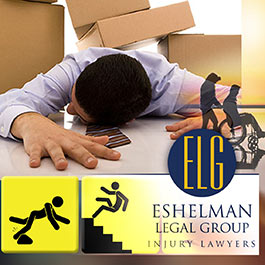Speeding
Speeding is one of the most prevalent factors contributing to car accidents in the United States. The economic cost to society of speeding-related crashes is estimated by the NHTSA to be $40.4 billion per year. In 2007, speeding was a contributing factor in 31% of fatal crashes, killing 13,040 people. At Eshelman Legal Group, we use every means available to prove negligence on the part of a speeding driver in order to obtain the highest monetary reward for our clients. For a free case evaluation, contact our Ohio car accident lawyers today.
Under Ohio law, all motorists are required to drive at a speed that is reasonable or prudent under the circumstances. Any speed in excess of the following speeds is evidence of unreasonable driving:
- 20 mph approaching a school crossing
- 55 mph in other locations, unless the director of highway traffic states otherwise
Speeding reduces a driver’s ability to steer safely around curves or objects in the roadway, extends the distance necessary to stop a vehicle, and increases the distance a vehicle travels while the driver reacts to a dangerous situation. For drivers involved in fatal crashes, young males are the most likely to be speeding. The relative proportion of speeding-related crashes to all crashes decreases with increasing driver age. In 2007, 39 percent of the male drivers 15 to 20 years old who were involved in fatal crashes were speeding at the time of the crash. Further, alcohol and speeding seem to go hand in hand. In 2007, 26 percent of the speeding drivers under 21 years old who were involved in fatal crashes were also intoxicated, with a blood alcohol concentration (BAC) of 0.08 (grams per deciliter [g/dl]) or greater. In contrast, only 13 percent of the non speeding drivers under age 21 involved in fatal crashes in 2005 were intoxicated. For drivers between 21 and 24 years of age who were involved in fatal crashes in 2007, 52 percent of speeding drivers were intoxicated, compared with only 26 percent of non speeding drivers. Alcohol and speeding are clearly a deadly combination.
In 2007, 36 percent of all motorcyclists involved in fatal crashes were speeding, compared to 24 percent for passenger car drivers, 19 percent for light-truck drivers, and 8 percent for large-truck drivers. In 2007, only 49 percent of speeding passenger vehicle drivers under 21 years old who were involved in fatal crashes were wearing safety belts at the time of the crash. In contrast, 70 percent of non speeding drivers in the same age group were restrained. For drivers 21 years and older, the percentage of speeding drivers involved in fatal crashes who were using restraints at the time of the crash was 45 percent, but 74 percent of non speeding drivers in fatal crashes were restrained.
Call: 1-800-365-0001
The Conclusion
The attorneys at the Eshelman Legal Group understand that no matter how cautious you are, others may not be so careful, and accidents do happen. So we hope you don’t need to, but if you are in a situation where you need the advice of an personal injury attorney, the Eshelman Legal Group is here to help you. For over 40 years we have been assisting accident victims, and we are here to assist you too... because “We’ll make things right.”
Ask yourself this question… who does the adjuster work for? The adjuster works for the insurance company, they do not work for you.
In all matters involving personal injury it is essential that measures be taken promptly to preserve evidence, investigate the accident in question, and file a lawsuit prior to the deadline imposed by the Statute of Limitations. If you or a loved one is a victim of personal injuries, call Eshelman Legal Group LLC, now at 1-800-365-0001. The initial consultation is free of charge, and if we agree to accept your case, we will work on a Contingent Fee basis, which means we get paid for our services only if there is a monetary award or recovery of funds. Don’t delay! You may have a valid claim and be entitled to compensation for your injuries, but a lawsuit must be filed before the statute of limitations expires. The above is not legal advice. That can only come from a qualified attorney who is familiar with all the facts and circumstances of a particular, specific case and the relevant law. See Terms of Use.





